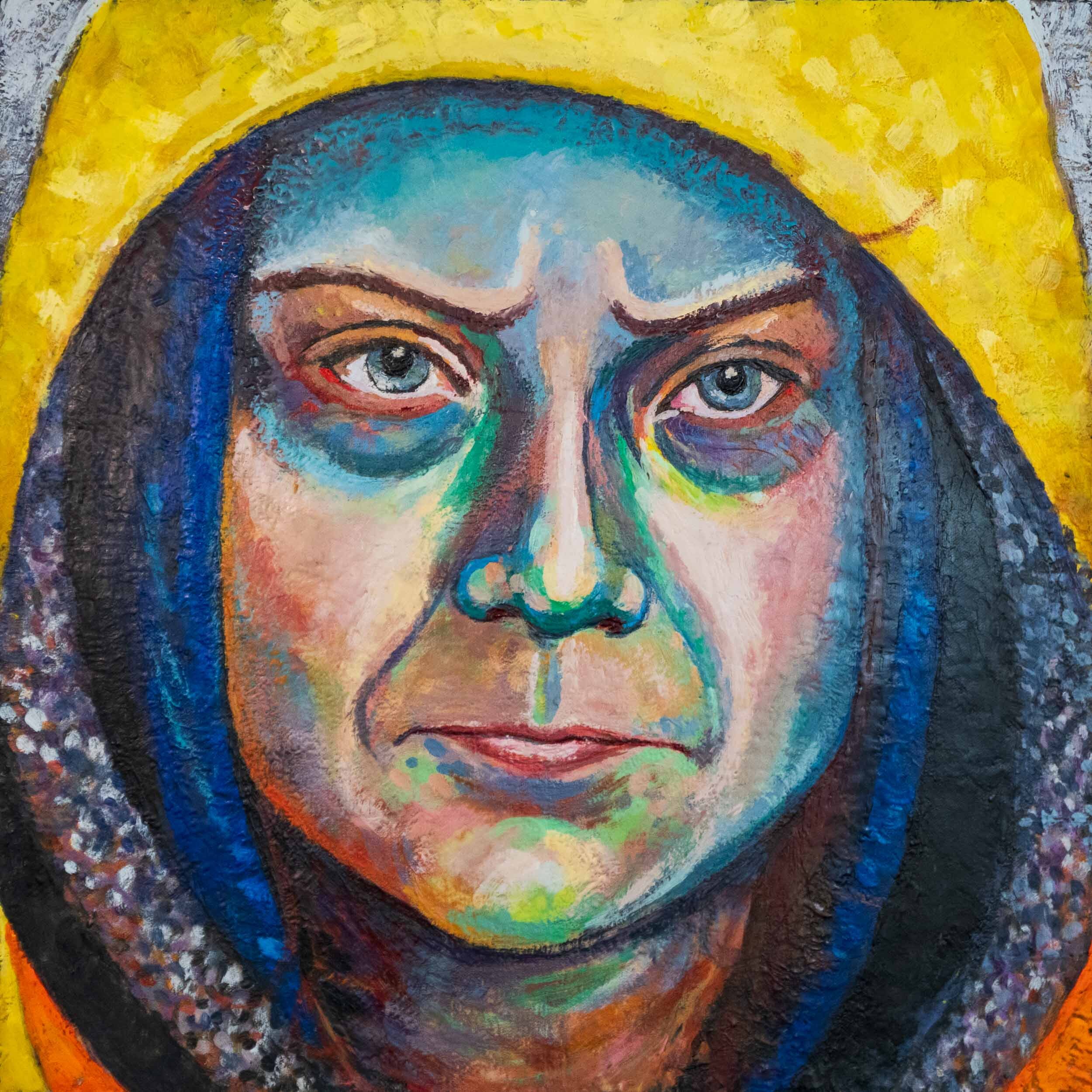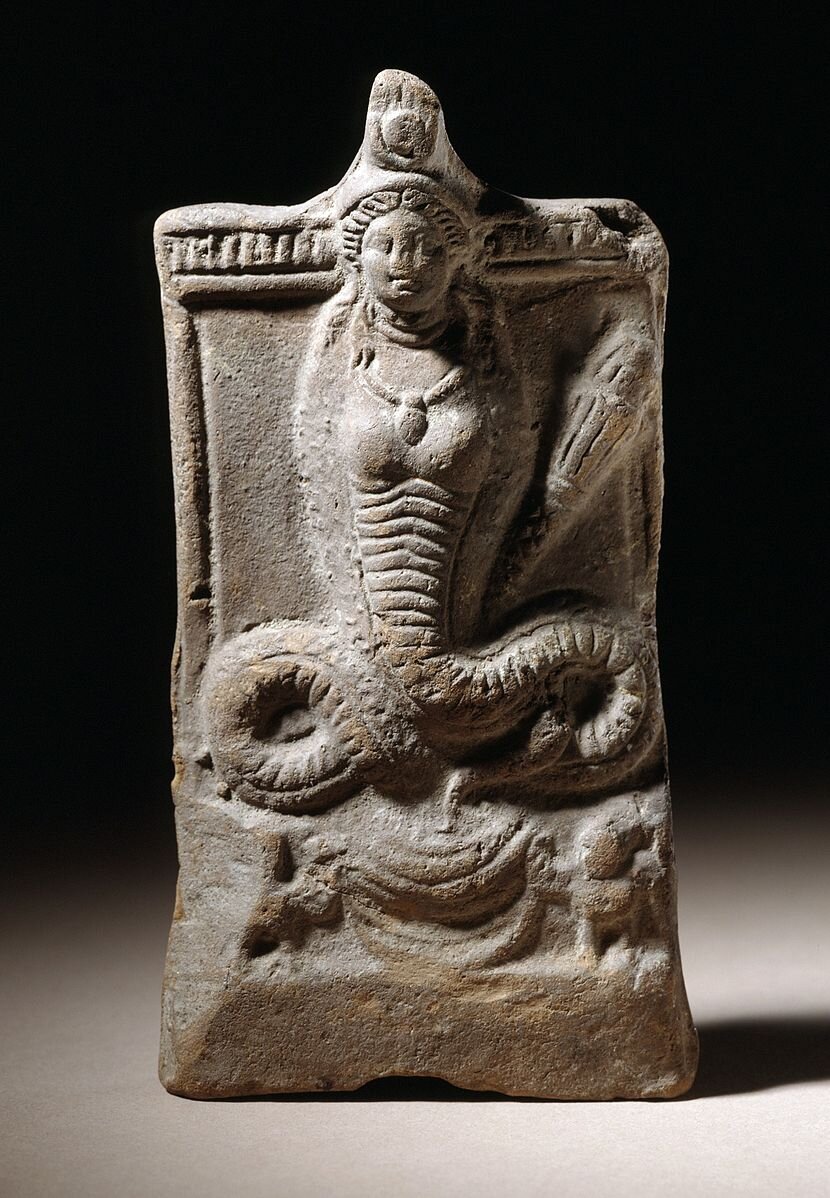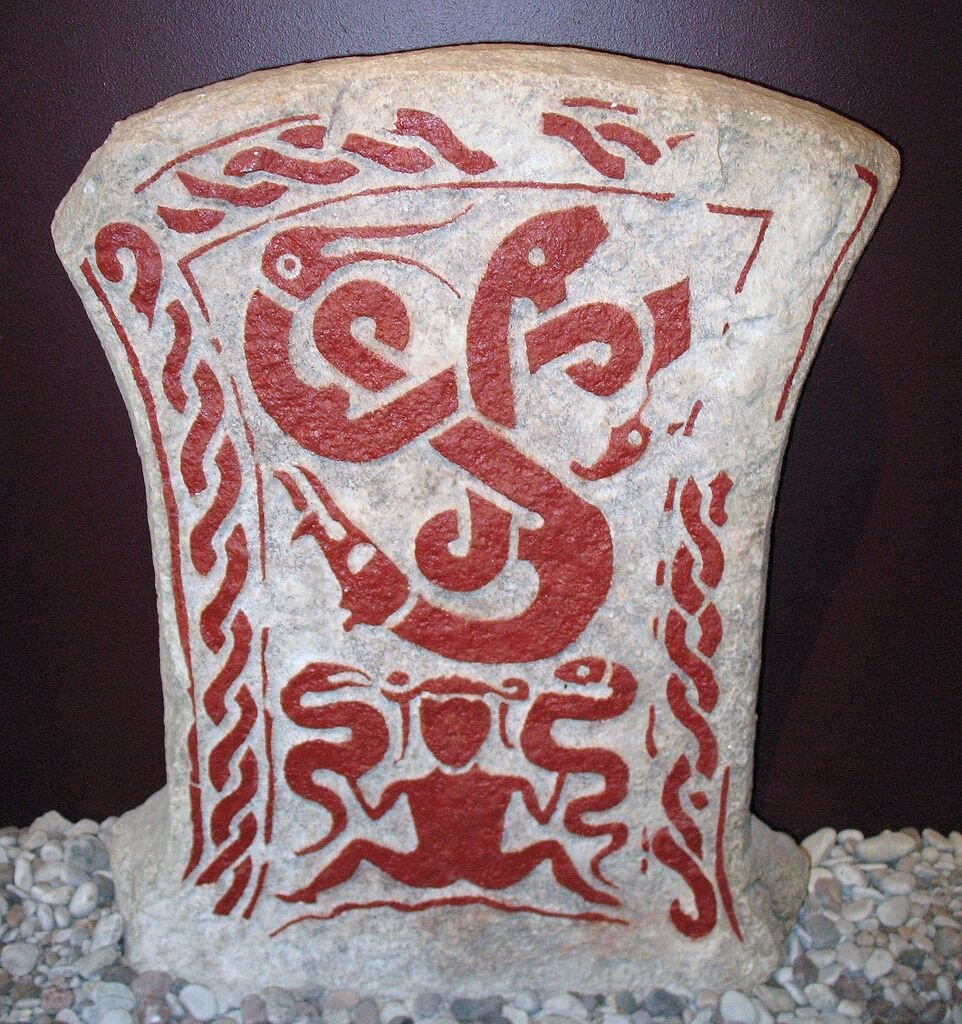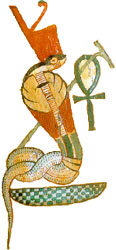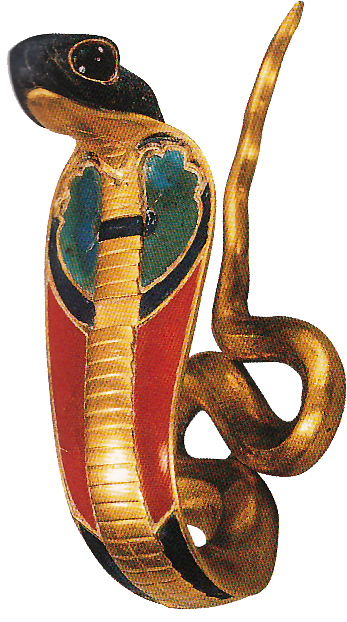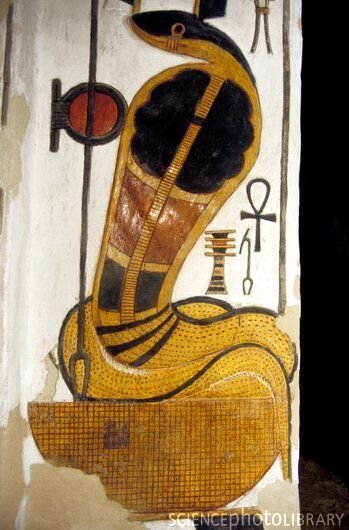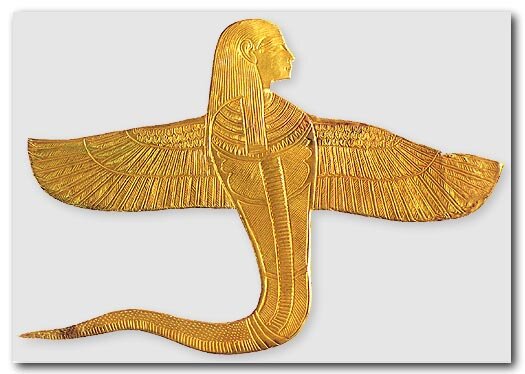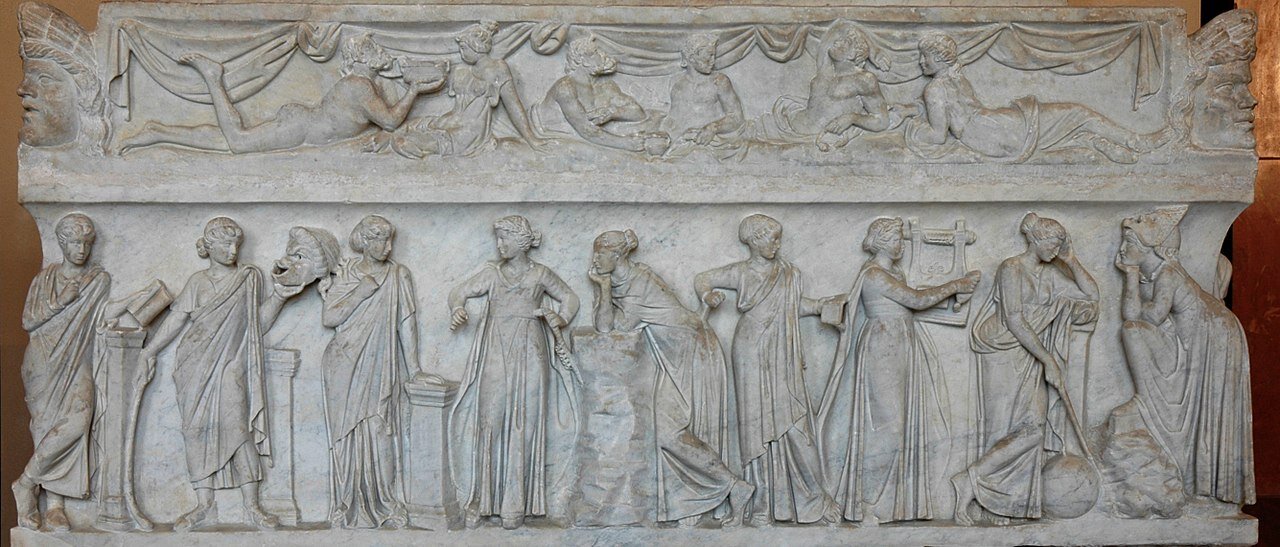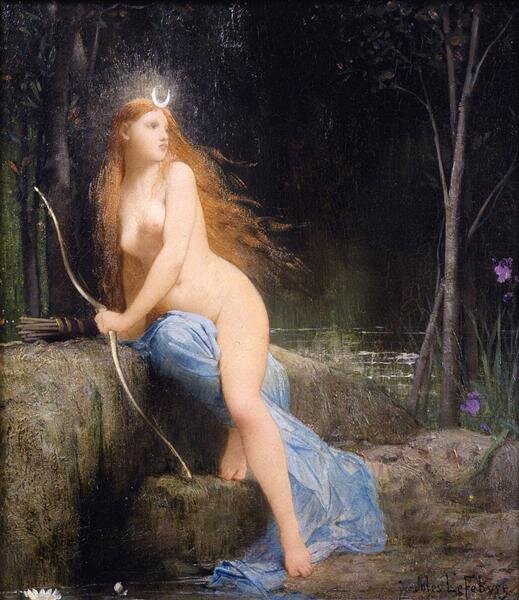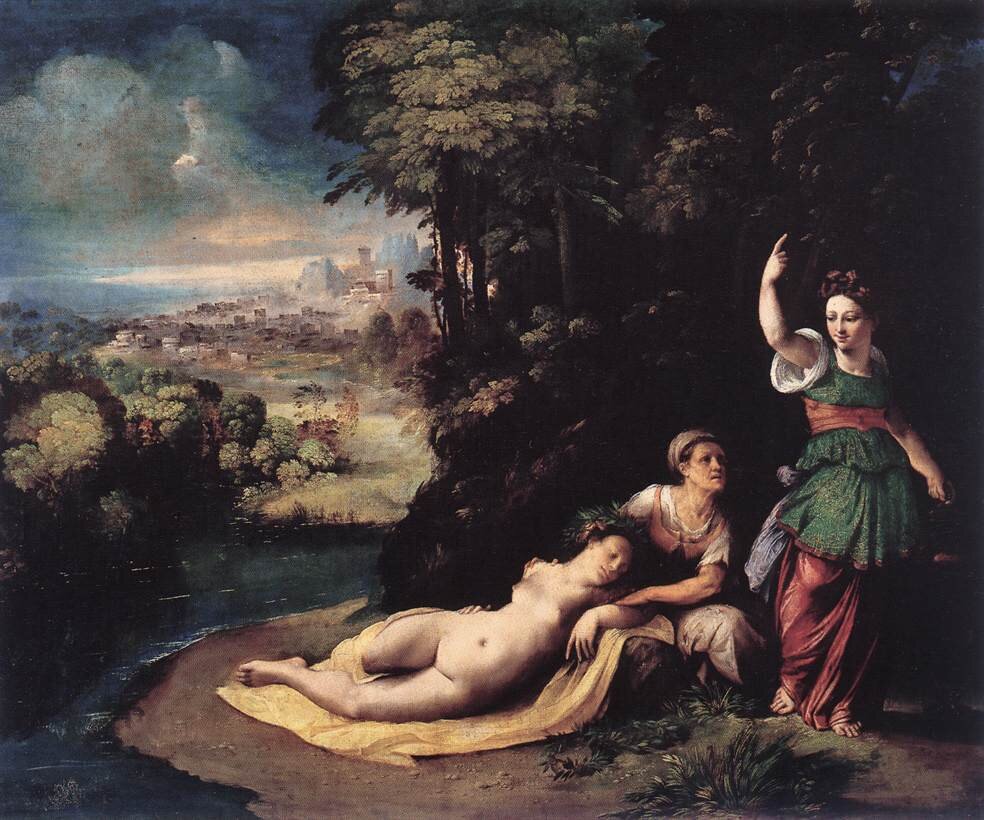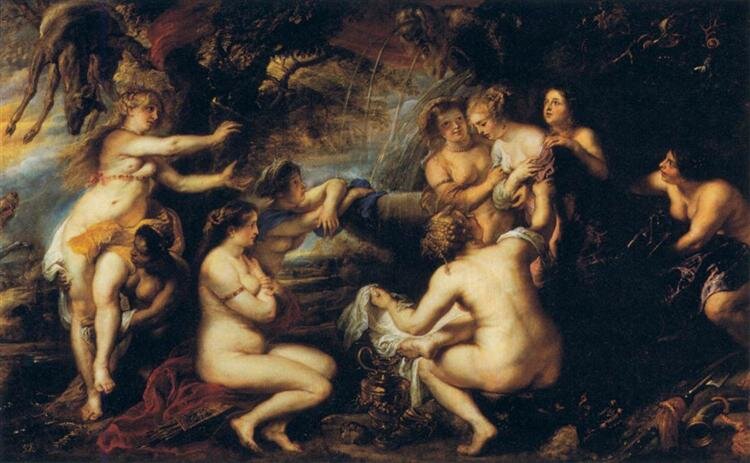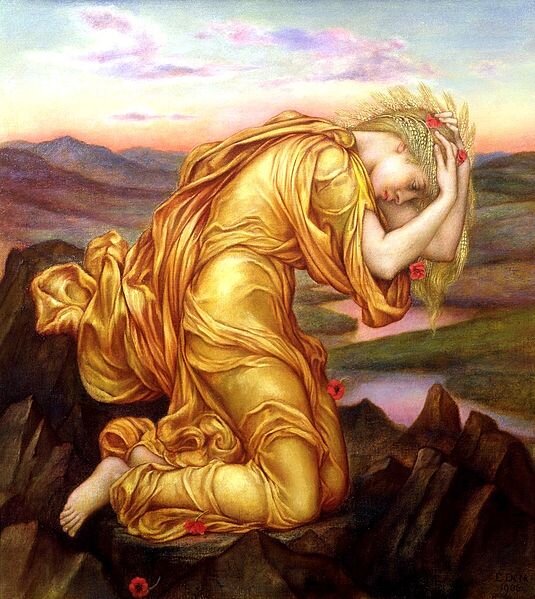Persephone & Demeter Today
persephone

demeter
who is persephone?
In Greek mythology, Persephone (originally known as Kore “the maiden”) was a young girl who lived with her mother, Demeter (who had conceived her through being raped by Zeus).
The story goes that the lovely Persephone is gathering flowers in a field along with Artemis and Pallas, daughter of Triton.
Hades, King of the Underworld, has seen Persephone and fallen in love with her. He has appealed to Zeus who permits Hades to take her as her mother Demeter is unlikely to approve of such a union.
Bursting through a cleft in the earth, Hades leaps upon her, abducts her, carries her away in a chariot and plunges with her into the depths of the earth where she is forced to become his wife in the Underworld.
Grieving for her mother and her life on earth, Persephone refuses all food and drink — fully aware that were she to eat or drink anything she would be forced to stay in the underworld forever.
Demeter, learning that her daughter has disappeared, searches the ends of the earth for her daughter but to no avail. Obsessed with her loss and grief, unable to find her daughter, Demeter falls into deep despair. This causes her to neglect the earth so that nothing may grow. The seasons cease and the world falls into an eternal winter.
Facing starvation, the people become desperate and appeal to Zeus to intervene.
Helios, the sun, eventually tells Demeter what has happened; and finally (pressed by the cries of the hungry people and by other deities hearing their anguish, and faced with the extinction of all life on earth) Zeus sends his messenger Hermes to the Underworld to retrieve Persephone.
Moments before she leaves his realm, Hades convinces the gardener to offer her some food for her voyage. Weak with hunger and sorrow, the starving girl accepts a pomegranate seed.
Now, because she has “tasted his seed”, Persephone is forever obliged to be his wife. She is permitted to return to her mother for six months of the year but forced to return to him for the remaining six months as his wife. It is for this reason, they say, that when Persephone returns to her mother, Demeter, we have spring and summer, and when she returns to the Underworld that we have fall and winter.
As the wife of Hades, Persephone evolves from the young girl, Kore, to Queen of the Underworld, Guide to the Souls of the Dead, where she is frequently equated with Hecate, a formidable, venerable, majestic queen who carries into effect the curses of men upon the souls of the dead.
Who is Demeter?
In ancient Greek mythology, Demeter is the goddess of the harvest and agriculture who presides over the grains, the fertility of the earth, sacred law and the cycle of life and death.
She is often considered to be the same figure as the Anatolian goddess Cybele and the Latin goddess Ceres.
In Arcadia, she was known as "Black Demeter" and represented as snake-haired, holding a dove and dolphin, symbolizing her connection to the underworld, the air, and the water.
Demeter was said to have taken the form of a mare to escape the pursuit of her younger brother, Poseidon, who caught and raped her.
Furious at Poseidon's assault she dressed all in black and retreated into a cave in order to purify herself, an act which resulted in a universal famine. In this furious form she became known as Demeter Erinys. She is also raped by her brother, Zeus, lord of the gods. The result of that rape is their daughter Persephone. Demeter's absence caused the death of crops, livestock, and finally, the people who depended on them. Later it was said that it was both her rage at Poseidon and the loss of her daughter that caused the famine. Demeter washed away her anger in the River Ladon, renewing her power and becoming Demeter Lousia, the "bathed Demeter".
Demeter and Persephone are often equated with the archetypal Triple Goddess.
MY CONNECTION WITH THE STORY
I first began exploring the story of Persephone many years ago in my work Virago Project — celebrating bold and boisterous warrior women — while I wrestled with society’s expectations, projections, and representations of women.
Persephone speaks to me about the evolution of women: how we learn and find our wild wise selves and reclaim our power. No longer victims, we become a voice for change.
resources
- https://en.wikipedia.org/wiki/Gaia
- https://www.afn.ca/honoring-earth/
- https://www.afn.ca/Home/
- https://www.survivalinternational.org/tribes/brazilian
- https://www.survivalinternational.org/news/1400
- New Larousse Encyclopedia of Mythology, Hamlyn Publishing Group Ltd., New York, 1959
- Ancient Mirrors of Womanhood, Merlin Stone, Beacon Press, Boston, 1984
- When God Was A Woman, Merlin Stone, Harvest Edition, 1976
- The Civilization of the Goddess, The World of Old Europe, Marija Gimbutas, HarperCollins Publishers, 1991
- The Language of the Goddess, Marija Gimbutas, HarperRow publishers, San Francisco, 1989
- https://en.wikipedia.org/wiki/Persephone
- https://www.artspace.com/magazine/art_101/book_report/phaidon-goddess-list-53182
- https://en.wikipedia.org/wiki/Demeter


